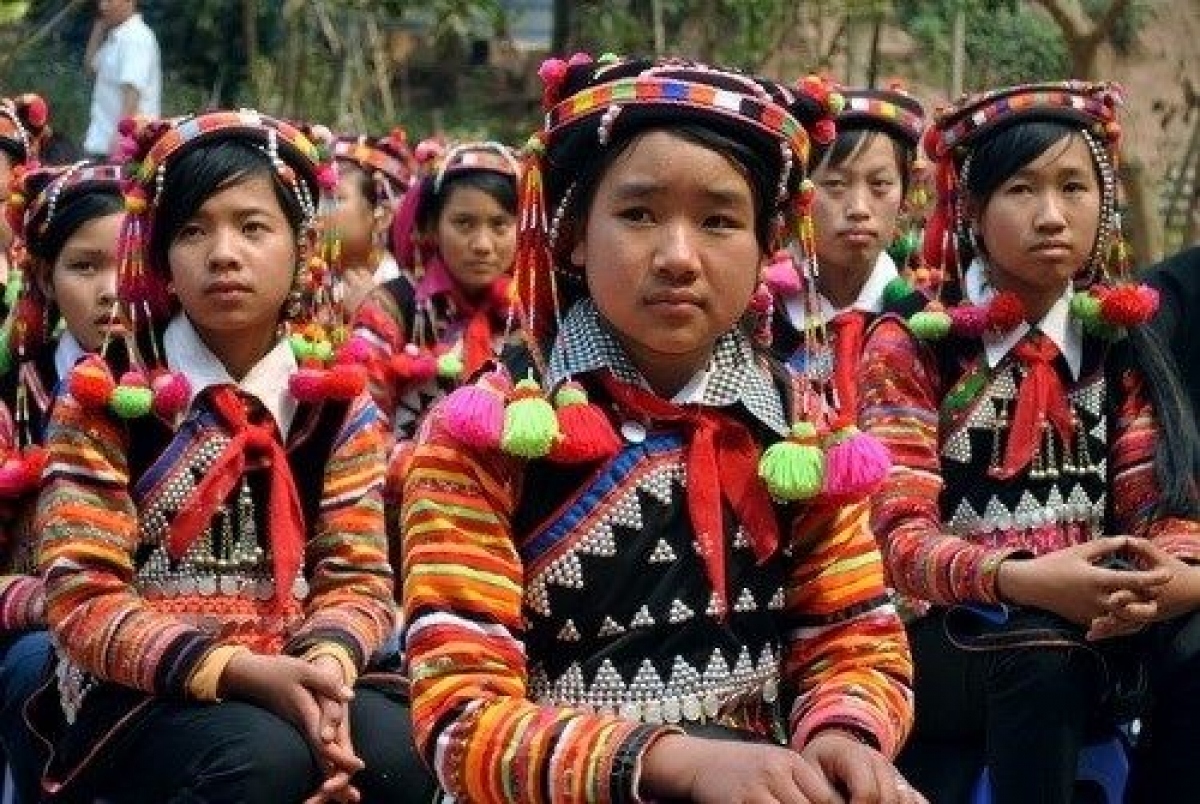Vietnam progresses in human development index
VOV.VN - The nation’s human development index (HDI) value for 2019 stood at 0.704, thereby putting the country in the high human development category and earning it a position of 117th out of 189 nations and territories globally.
Between 1990 to 2019 the country’s HDI value witnessed an increase of almost 46%, an effort which is among the highest HDI growth rates in the world.
Most notably, this has led to the nation breaking into the group of countries with a high level of human development, although this remarkable achievement has been carried out with relatively high pressures placed on the planet.
The country has also been performing well in terms of gender equality. Indeed, the nation has a Gender Development Index value of 0.997, ranking 65th out of 162 countries and being the highest among five country groups.
These are among the key findings published within the 2020 Human Development Report “The next frontier – Human Development and the Anthropocene”, which was recently released by the UN Development Programme (UNDP) in co-operation with the Vietnamese Ministry of Planning and Investment.
With regard to the nation’s quality in terms of the HDI, the Vietnamese ranking has seen a strong performance in health, education, employment, and rural development indicators. Therefore, the country is among the top third of nations in terms of lost healthy years as a percentage of expectancy, at 11.7%, and number of hospital beds, 32 beds for every 100,000 people. In addition, all primary school teachers are trained, whist rural electrification covers 100% of the population and the unemployment rate remains low.
Despite these positives, the country is within the bottom third in terms of vulnerable employment at 54.1% due to a large share of the labour force being dependent on self-employment in household businesses.
Most notably, the nation’s HDI progress has been achieved with moderate and stable levels of inequality. Its loss of HDI value as a result of inequality in 2019 stands at 16.5%, whilst its loss of income due to inequality is 19.1%, with a GINI coefficient of 35.7, among the lowest in the East Asia and Pacific region. Indeed, when considering the country’s Inequality Adjusted HDI, the nation finds itself 10 places higher than its HDI ranking in 2019.
Particularly commendable is the share of seats in parliament which places the country among the top third of states globally. However, there are still issues in relation to gender inequality challenges, with the country ranking in the bottom third globally in terms of sex ratio at birth at 1.12. Also, violence against women by intimate partners is at 34.4%, whilst women with accounts in financial institutions or with a mobile money service providers is at 30.4%. Disaggregated data shows larger disparities within geographical locations and ethnic minority groups.

